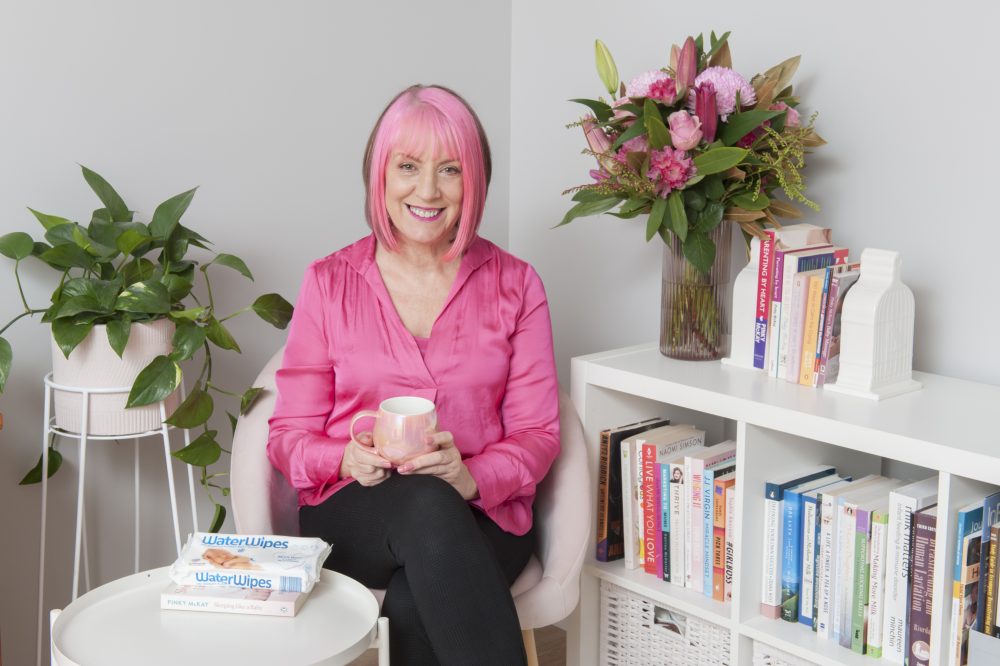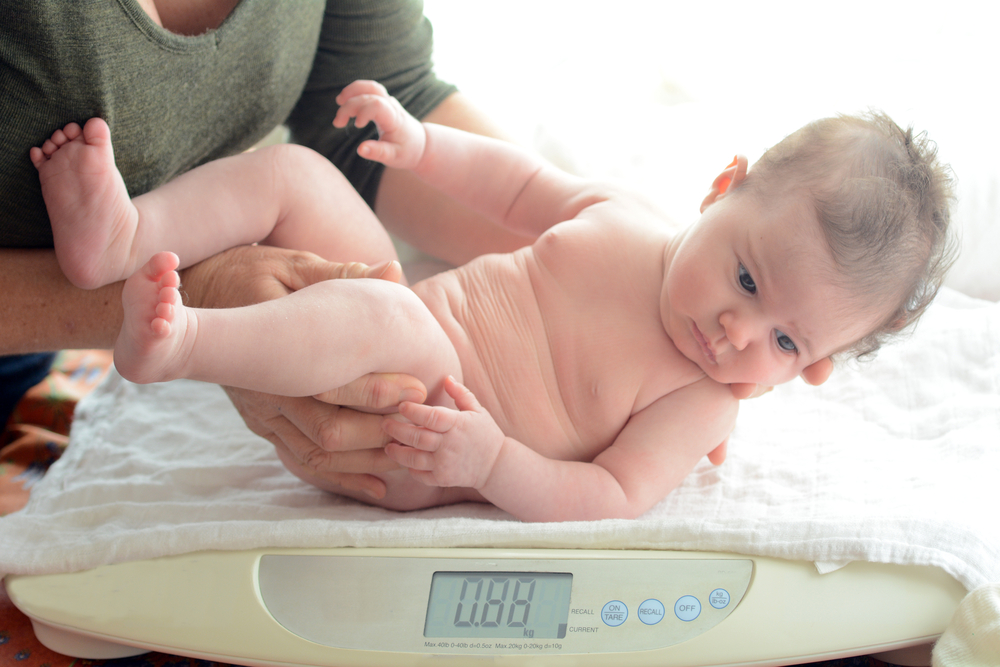Postpartum healing practices and rituals are a common occurrence around the world, but Western culture aka “the modern world” have cut out this important phase and Modern mothers are suffering.
In Western society, we often see Mother’s returning to work and running errands almost immediately after birth, and there is no wonder why Postpartum mood disorder rates are rising and our breastfeeding rates are decreasing. Mothers aren’t given or allowing themselves the time they deserve to heal and bond with their baby at their own rate.
We no longer co-exist in villages and have a different cost of living that we need to consider, however, there are many ways a Modern Mother can support her healing after birth.
Reconnecting to our lineage of Mothers before us will give us an idea of what we truly need to thrive in Motherhood. The nourishing traditions can seem like an unnecessary luxury but for many cultures are considered essential – because when a Mother is cared for, she feels well enough to care for herself and her baby. This ripple effect would ultimately then benefit her entire family and community at large.
Realistically, we cannot replicate every postpartum practice that cultures have for new mothers across the world. Below is a flexible reinvention of postpartum practices you can put in place in your home (if you choose) but still infused with the sacred feminine wisdom that many of our ancestors shared with one another.
40-42 days of confinement
This may seem extreme and unrealistic in the modern world, but understanding the detrimental effect that jumping back into your everyday responsibilities has on your and your baby’s health is important. There may be days where you feel you need to leave the house for fresh air or to go for a short stroll around the block – that’s ok. The point is that for most of the first 6 weeks you feel rested, nourished and supported. This sacred time of your life allows you to sink in and receive.
Retreating to the confinement of your safe space will:
- Allow your body to heal and recover at its own rate
- Allow you to bond and learn about your baby without intervention and unsolicited advice from well-meaning visitors
- Allow you to save your energy for looking after you and your baby
- Allow you to reconnect with your mind, body and spiritual health after birth
Prioritising your healing and feeding your baby
It’s very common to see a new mother a few days postpartum jumping straight back into their routine – food shopping, running errands, cleaning the house etc. Mothers are not encouraged to just embrace the stillness to learn the feed their baby and instead are praised when they jump back into our “normal” life, without appearing as she had just grown and birthed a baby, however, this is severely detrimental to a woman’s ability to heal not only physically but mentally. What should she be hearing instead? “How incredible are you, you just grew and birthed a baby?! Well done mama – now rest!”
Organised support
In traditional Postpartum practices, organised support in the form of female family members- mothers, aunts, mothers-in-law and neighbours would surround the Mother with support throughout the pregnancy, birth and all throughout her Motherhood journey. They would provide practical assistance to the Mother and take on all responsibilities that the mother had in her life so that she could rest, heal, bond and adjust to her new life as a Mother. In stark contrast to our modern culture, we have become so disconnected from the needs of the Mother. Our guests are now too often more concerned with getting photo opportunities with the baby and the Mother sinks into the background or are expected to entertain and feed guests. Our circle of help is not immediate nor expected. On the odd occasion, she may be asked how they can help, but often they don’t know-how. So how do we ask for help? Asking for help can be difficult, but the more you practice it, the better at it you will become. When you ask for help, you are saying you can’t do it alone. But you’re not meant to do it alone. Not everyone will be able to help, and that’s ok, but there will be plenty who will welcome it, in most cases, they just need to be told what they can do. Although every Mother is different, there are a few key areas that you will need help with, especially in immediate postpartum.
These can include:
Cooking: Nourishing meals made by a support person will ensure your nutrient requirements are met while you are busy feeding or bonding with your baby.
Cleaning: A clean space will provide calm within the postpartum period, however, household chores will be the last thing you feel like doing. Write up a list of things that guests can help you with e.g hanging out the washing, doing the dishes, vacuuming etc.
Childcare: If you already have other children, it will be hard for you to focus your full attention on your newborn baby. Having someone to help with your children will allow the older kids to adjust to the situation easier. Your support person will also be able to do school drop-offs, entertain etc while you rest.
Companionship: A mother can often feel lonely in the postpartum period, so having a support person check in on you will give you an opportunity for conversation and connection.
Baby care: Being attached to your baby 24/7 can often leave you feeling drained. Ask a support person to watch the baby while you have a nap, bath/shower, or if you just need a break from changing nappies.
Staying warm
A common postpartum practice across the world for different reasons, keeping a Mother warm after birth is considered just as essential as keeping her baby warm. It is a common belief that a new mum is cold and her support team would create many nurturing practices to keep her warm, including warm baths, massages, blankets to increase circulation and to bring healing heat to all parts of her body. How do we do this in a Modern world? There are many ways of keeping a mama warm but common traditional heat treatments include warm nourishing meals, massages with warm oil, keeping inside out of the wind and not going out with wet hair.
Belly binding
In traditional Postpartum cultures, the binding of a Mothers belly was considered essential to allow her abdomen to return to its normal size and her organs to shift back to their normal positions. In modern society, we now have access to an easier option in the form of compression recovery shorts, to realign your uterus and support your belly after birth.
Benefits of belly binding include:
- Helps your organs come back into their proper positions
- Aids digestion
- Aids posture
- Helps with the application of moisturising oils
- Mother feel comforted and held
Nourishing comfort food
In many cultures, a Mother was given certain foods to assist with her healing and build her milk supply. Although the recipes differed across the world, one theme remains consistent – a Mother needs warm, nourishing and easy to digest foods. Being mindful that the Mothers digestion is not going to be very fast after birth as her organs shift back to their normal position, easy to digest food is a must. Examples of postpartum healing foods include soups, stews and rice puddings. To keep in line with allowing the Modern Mother time to heal after birth and not forcing her straight into the kitchen to cook, a meal train or an organised meal delivery service is the next best option.
Hygiene Practices
Many traditional cultures don’t allow a Mother to shower or bath after birth, this is another step that may seem unrealistic after birth because birth can be quite messy, however, understanding why traditional cultures implemented this rule can be really helpful. In traditional cultures women were encouraged not to shower or bathe because:
- They often did not have access to clean (or warm) water
- Her immune system could be compromised
- To support breastfeeding. Babies learn to breastfeed by their sense of smell and if your baby doesn’t recognise your smell outside of the womb as the same as it was inside the womb, it can be difficult for your baby to learn to breastfeed.
The good news is that we now have access to hot and clean water, just go easy on all the overly fragranced soaps so you don’t confuse your baby too much.
“After birth there is a sacred window of time… a time for complete rejuvenation of a woman’s physical, mental and spiritual health… a time for deep, extended bonding with her newborn… The first 42 days after birth set the stage for her next 42 years.” – Ysha Oakes
To learn more about how to create a nourishing Postpartum experience infused with sacred feminine wisdom, Birth of a Mother ebook is now available.
https://www.motherunearthed.com/product-page/birth-of-a-mother
To view on YouTube:









